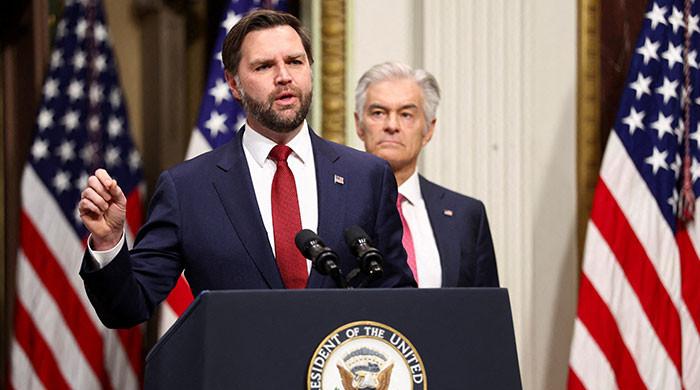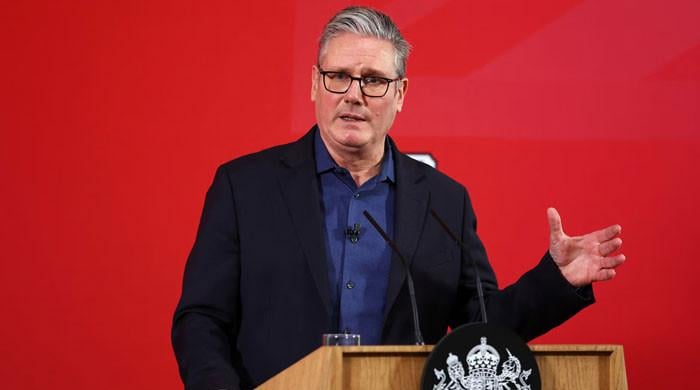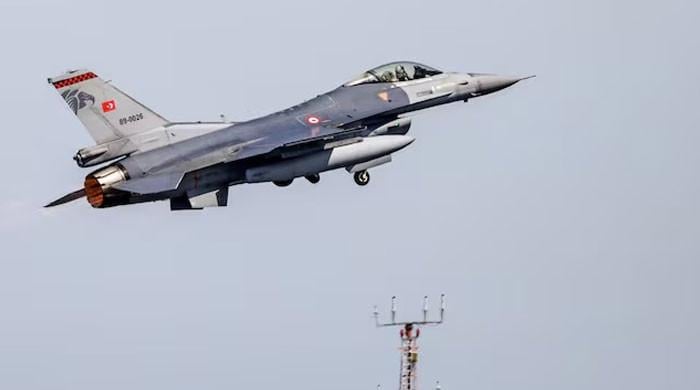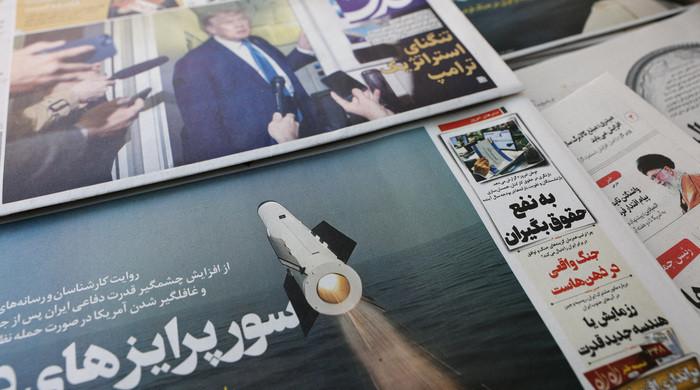Air India's long history as it faces crisis of Ahmedabad crash
Airline currently flies to 43 domestic and 41 international destinations
June 12, 2025
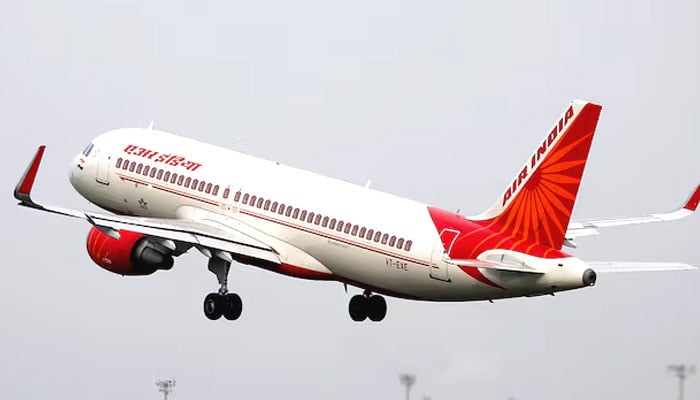
A Boeing 787 Dreamliner operated by Air India, one of its home country's largest airlines, crashed moments after take-off on Thursday on a flight from Ahmedabad to London's Gatwick, killing all 242 people on board, according to Indian media.
Here are the facts about the airline's long history:
Founded in 1932
Air India was started by entrepreneur JRD Tata in 1932, before being taken over by the Indian government in 1953. Under the government, years of mismanagement and rising competition led to ballooning debts at the carrier.
Tata Group took over the airline's operations in a $2.2 billion deal in 2022, and has since tried to revive its fortunes.
Fleet, routes
Air India currently flies to 43 domestic and 41 international destinations. As of May, it operates 191 aircraft, a mix of narrow- and wide-body models from both Airbus and Boeing.
It is currently the country's only airline to fly non-stop to long-haul destinations, from Australia to Europe and North America.
Its low-cost unit, Air India Express, flies to 55 destinations in India and abroad, with a focus on the Middle East.
Mega merger
Tata Group merged Air India and Air India Express with its existing carriers Vistara and AIX Connect in November to form India's largest airline group after IndiGo.
Air India has merged with Vistara, while Air India Express combined with AIX Connect. The airlines command a roughly 30% share of India's domestic aviation market.
Singapore Airlines, which started full-service carrier Vistara with the Tatas, is a 25% owner of the combined Air India Group.
Record airbus, Boeing order
Air India placed what was then the world's largest aircraft order for a combined 470 jets from Airbus and Boeing in February 2023.
This was topped up with an order for another 100 jets from Airbus in December last year.
Air India is in talks with Airbus and Boeing for a major new aircraft deal including some 200 single-aisle planes, Reuters reported earlier in June.
Multi-million dollar retrofit
The company in mid-2023 unveiled a new logo, branding and plane livery.
It also embarked on a $400 million refurbishment and retrofitting plan of its aircraft interiors, which has been dogged by supply chain delays. The carrier has retrofitted most of its single aisle Airbus A320 neo aircraft and is working on updating its long-haul Boeing 777 and 787 jets.




